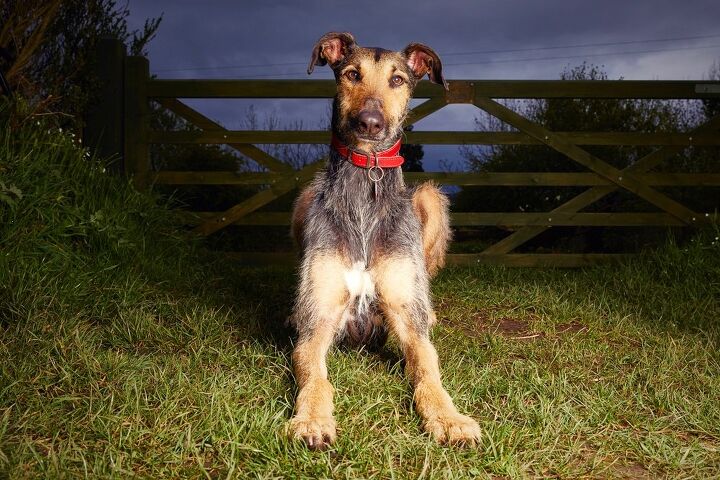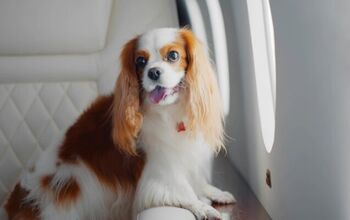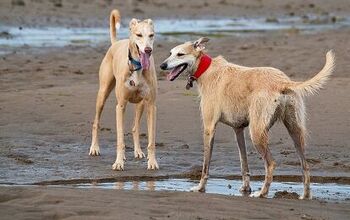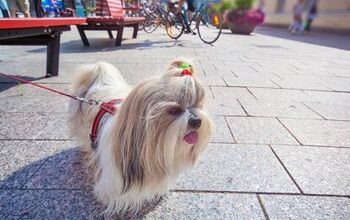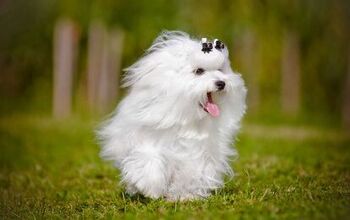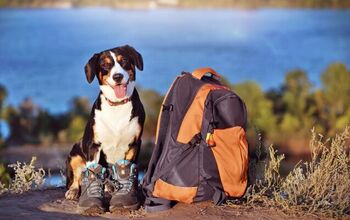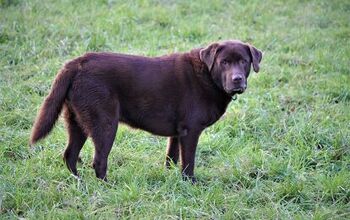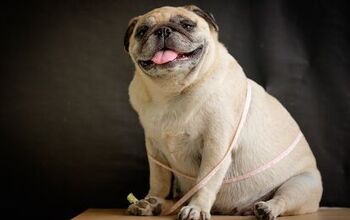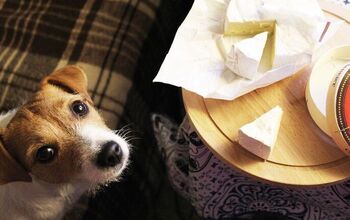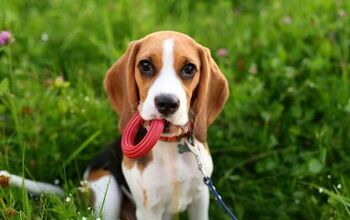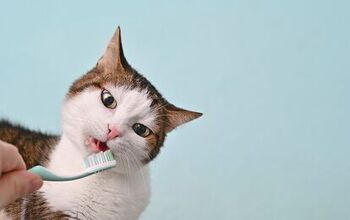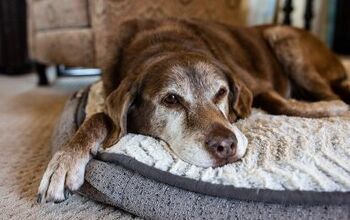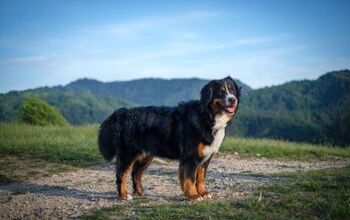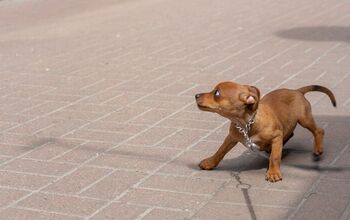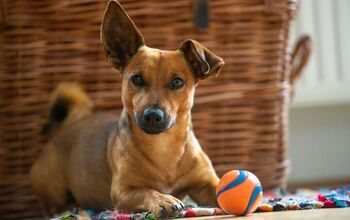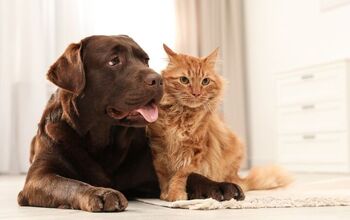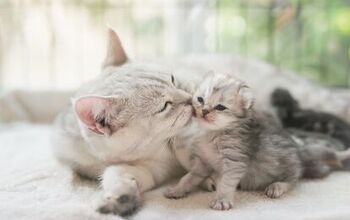Lurcher


About Lurcher
The Lurcher is a particularly unique breed of dog because its appearance can be greatly varied depending on breeding. Technically, a Lurcher is a cross between a sighthound and any non-sighthound breed, but it often takes the appearance of a Greyhound or Saluki. These dogs are intelligent and hardy, ideal for hunting applications. These dogs are known for their working skills as well as their speed and excellent eyesight.
A Lurcher is a cross between a sighthound and any non-sighthound breed.
The Lurcher dog breed originated in Ireland and various other parts of Great Britain, descendant from a breed known as the Norfolk Lurcher. These dogs are not purebred but rather the result of a crossing between a sighthound and some type of non-sighthound breed, often a terrier or some kind of pastoral dog. The breeding of Lurchers varies depending on the desired characteristics, though cunning and stealth are some of the most desired characteristics for this breed. To give the breed a working instinct, Collie crosses are also popular – this type of crossing gives the Lurcher both intelligence and speed, the ideal prerequisites for a hunting breed dog. In the United States, crosses with scent hounds are particularly common.
The Lurcher is a cross between a sighthound and a non-sighthound breed – it is not a purebred dog. Most Lurchers possess between 50 and 75 percent sighthound genes and the rest from non-sighthound dogs like terriers and collies.
The Lurcher is an incredibly active breed so it is recommended that you offer a dog food formulated especially for active dogs. This type of formula will provide your Lurcher with the energy and nutrients he needs to sustain his active lifestyle.
The Lurcher is an intelligent breed that was originally developed for hunting purposes.
The Lurcher is an intelligent breed that was originally developed for hunting purposes. This being the case, they tend to respond well to training as long as you maintain consistency. Lurchers respond well to positive reinforcement-based training methods and they do best when training sessions are kept short and enjoyable. These dogs make excellent hunting dogs, especially for small game and they tend to excel at dog sports including obedience and agility.
The average weight of the Lurcher breed varies depending on breeding, but it generally weighs between 60 and 70 pounds on average. The average height of this breed is between 22 and 28 inches.
The Lurcher is a gentle and good-natured breed, though disposition may vary slightly depending on breeding. These dogs are well-behaved and intelligent so they typically respond well to training. Lurchers are fun-loving and affectionate as well, likely to form strong bonds with family. These dogs do have a strong hunting instinct so they are not recommended for houses with small pets like cats, though they do get along with other dogs and people. As long as they are raised from a young age and properly socialized, Lurchers also tend to do fairly well with children.
For the most part, the Lurcher is a healthy breed. In many cases, crossbred dogs are less likely to develop congenital conditions than purebred dogs simply because the gene pool is much larger. That is not to say that the breed isn’t prone to developing certain conditions – all breeds have the potential to be affected by a number of different diseases. Some of the conditions most likely to affect the breed include gastric torsion, muscle injuries, heatstroke, and osteosarcoma. Responsible breeding practices can help to reduce the incidence of inherited disorders in this and other breeds.
The average life expectancy of the Lurcher breed varies greatly depending on the breeds used, but the average lifespan is generally between 12 and 15 years.
Because the Lurcher is typically bred from hunting dogs, they are fairly active and require a great deal of daily exercise. This breed requires a long daily walk, especially if you live in an apartment or a house without a yard. These dogs are natural runners, so plenty of outdoor play time in an enclosed environment will be beneficial as well.
The Lurcher is a gentle and good-natured breed, though disposition may vary slightly depending on breeding.
Because the Lurcher is technically a hybrid, not a purebred, it has not been accepted for registration with the AKC or the United Kennel Club. This breed may, however, be registered with the North American Lurcher and Longdog Association (NALLA) in both the United States and Canada.
Though the coat may vary according to breeding, most Lurchers exhibit short, smooth coats that tend to thicken during the winter. There is also a long-coated version of the breed that requires a little more brushing than the shorthaired variety. Both versions require regular brushing, however, to reduce shedding.
The average litter size for the Lurcher breed varies according to breeding. It is recommended that Lurcher puppies be started with training and socialization from a young age. This breed is highly active and intelligent so, unless it is properly trained and socialized, it may develop problem behaviors simply out of boredom.
Photo credit: Colin Seddon/Shutterstock; Darren William Hall/Shutterstock; Jamierpc/Shutterstock

Kate Barrington is the loving owner of two cats (Bagel and Munchkin) and a noisy herd of guinea pigs. Having grown up with golden retrievers, Kate has a great deal of experience with dogs but labels herself a lover of all pets. Having received a Bachelor's degree in English, Kate has combined her love for pets and her passion for writing to create her own freelance writing business, specializing in the pet niche.
More by Kate Barrington



